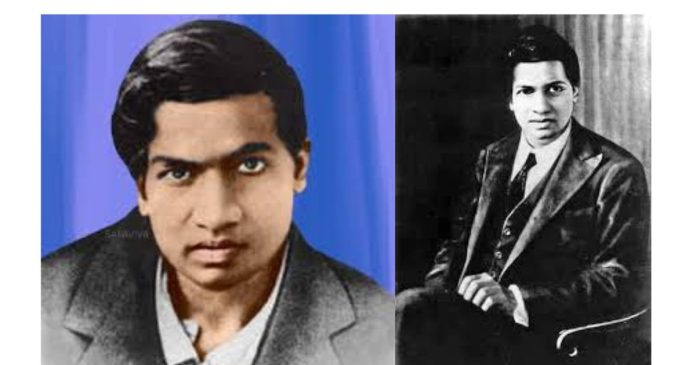Srinivasa Ramanujan was a self-taught Indian mathematician, widely regarded as one of the most brilliant and original minds in the history of mathematics. Born on December 22, 1887, in Erode, India, Ramanujan made significant contributions to various areas of mathematics, including number theory, continued fractions, infinite series, and mathematical analysis.
Despite having little formal training in mathematics, he developed highly advanced and novel theories, many of which were groundbreaking. His work was characterized by intuitive insights and highly original ideas, often based on deep intuition rather than conventional proof methods. Some of his famous results include the Ramanujan Prime, Ramanujan’s Tau Function, and his work on the partition function.
In 1913, Ramanujan sent a letter filled with his mathematical findings to the prominent British mathematician G.H. Hardy at the University of Cambridge. Impressed by Ramanujan’s genius, Hardy invited him to Cambridge, where they collaborated for several years. During his time in England, Ramanujan’s health deteriorated due to the harsh climate, and he returned to India in 1919. Unfortunately, Ramanujan died prematurely at the age of 32 on April 26, 1920, but his mathematical legacy endures, influencing countless mathematicians and fields of study to this day.
His life and work have inspired a range of biographical works, including the 1991 biography “The Man Who Knew Infinity” by Robert Kanigel, which was later adapted into a film in 2015.


